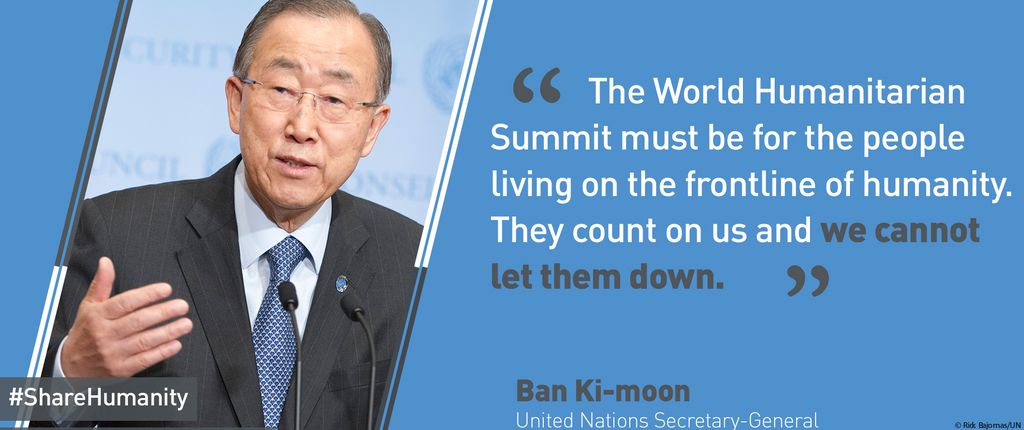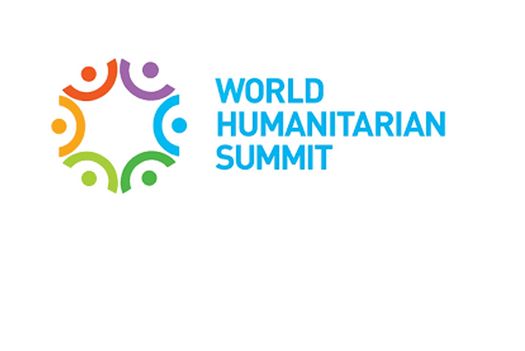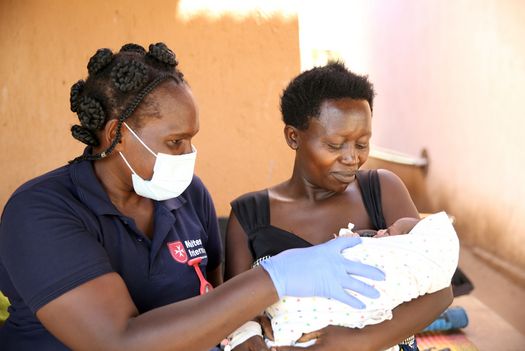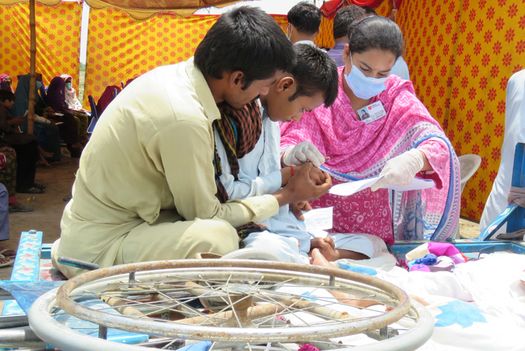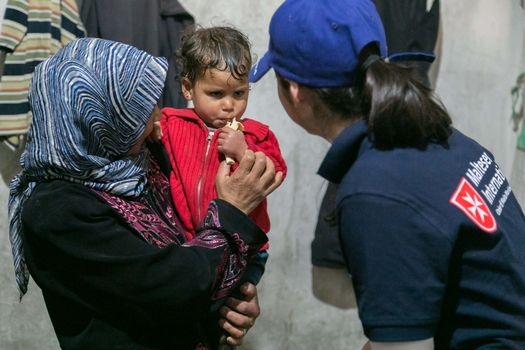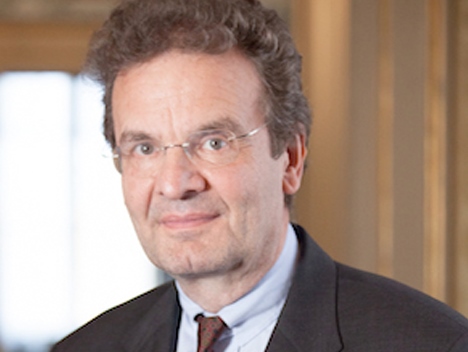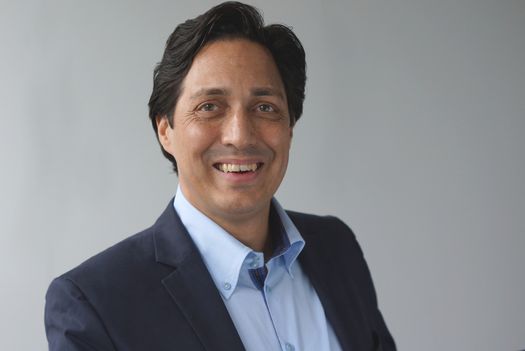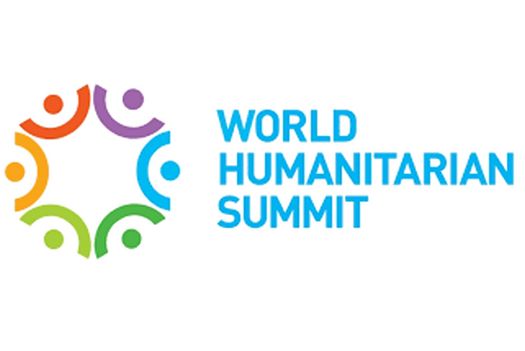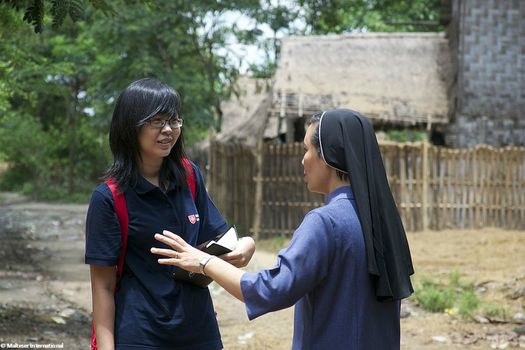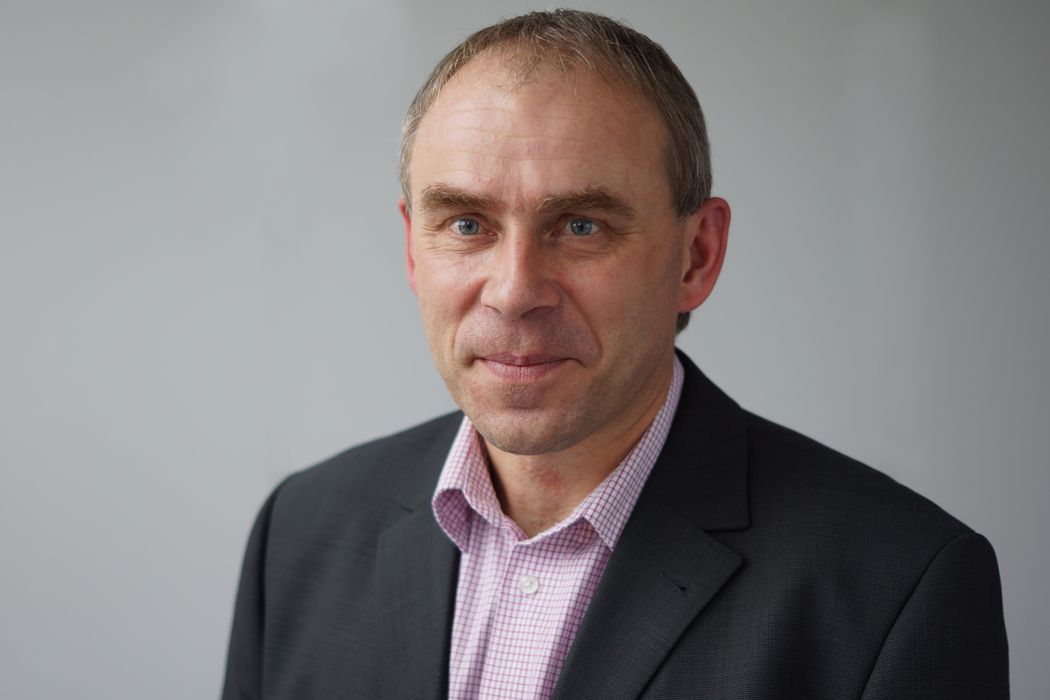On May 23 and 24 2016, 9,000 people representing 180 member states of the United Nations, over 700 local and international NGOs, the private sector and other stakeholders came together in Istanbul, Türkiye for the first ever World Humanitarian Summit. Their goal: to seek a better global response to the challenges faced by humanitarian actors, and to place humanitarian action on a better footing for the future. More than a dozen initiatives, partnerships, platforms and alliances were either newly developed or strengthened through the World Humanitarian Summit process, one of which was the 'Grand Bargain'.
It has always been common knowledge that local humanitarian actors are usually the first emergency responders at the front. At the same time, they may themselves also be affected and often experience significant financial limitations. Participants and stakeholders at the summit committed to more support and funding for local and national responders as well as greater participation in humanitarian decision-making. Another issue identified by the majority of stakeholders as a top priority at the World Humanitarian Summit (WHS) was the integration of the humanitarian-development nexus; an effective transition or overlap between the delivery of humanitarian aid and the provision of long-term development assistance.

